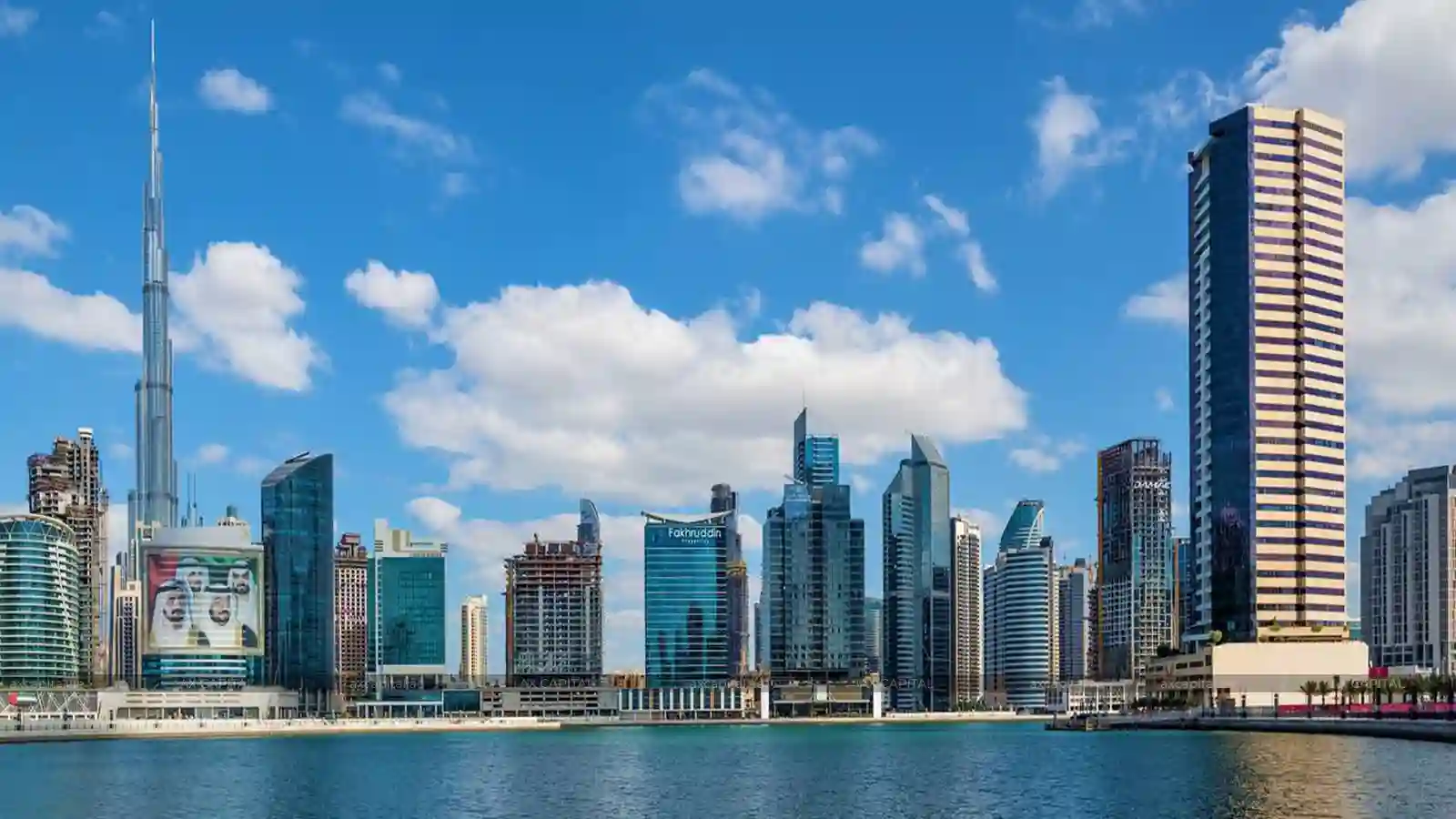
Investing in Dubai’s real estate market can be a rewarding experience. With its booming economy and thriving property sector, Dubai attracts investors from around the globe. However, securing the funds to purchase a property can be challenging. Understanding how to finance an investment property in Dubai is crucial for a smooth investment journey.
Why Invest in Dubai’s Real Estate Market?
Dubai offers numerous benefits for property investors. Its tax-free environment, high rental yields, and stable economy make it a lucrative market. Additionally, its strategic location and world-class infrastructure attract businesses and residents alike. Knowing how to finance an investment property in Dubai ensures you can capitalize on these opportunities.
Exploring Financing Options
When it comes to financing an investment property in Dubai, there are several routes to consider. Let’s explore the most popular options.
1. Mortgages for Investment Properties
Mortgages are a common way to finance an investment property in Dubai. Both residents and non-residents can apply for a mortgage, although eligibility criteria vary.
Key Points to Consider:
- Banks typically offer up to 80% financing for residents.
- Non-residents can expect a maximum of 50-60% financing.
- Loan tenures generally range from 5 to 25 years.
Using a mortgage to finance an investment property in Dubai can provide flexibility and manageable payment options.
2. Personal Savings
Using personal savings is a straightforward way to finance an investment property in Dubai. This option avoids the hassle of applying for loans and incurring interest costs.
Advantages:
- No debt burden
- Full property ownership from the start
However, this option requires significant capital upfront, which may not be feasible for all investors.
3. Developer Payment Plans
Many developers in Dubai offer flexible payment plans to attract buyers. These plans allow you to pay in installments, often extending beyond the project’s completion.
Benefits of Developer Payment Plans:
- Reduced financial pressure
- Extended payment terms
- Low initial down payments
These plans are a great way to finance an investment property in Dubai, especially for off-plan projects.
4. Joint Investments
Pooling resources with a partner or investor is another viable option. Joint investments help share the financial load and reduce individual risk.
Key Considerations:
- Draft clear agreements
- Define ownership percentages
- Plan for profit-sharing
Joint ventures make it easier to finance an investment property in Dubai while diversifying risk.
5. Private Financing or Loans
Private lenders or loan companies can provide quick financing solutions. These options are ideal for investors who cannot secure traditional mortgages.
Pros:
- Faster approval process
- Flexible terms
Cons:
- Higher interest rates
- Shorter repayment periods
Carefully evaluate the terms before opting for private financing to fund your investment property in Dubai.
Understanding the Costs Involved
When financing an investment property in Dubai, it’s essential to consider all associated costs. These include:
- Down Payment: Depending on your residency status, the down payment can range from 20% to 50%.
- Dubai Land Department (DLD) Fees: This includes a 4% transfer fee and registration charges.
- Mortgage Processing Fees: Banks typically charge 1% of the loan amount.
- Brokerage Fees: Usually 2% of the property value.
- Service Charges: Annual maintenance fees for the property.
Being aware of these costs ensures you can plan your finances effectively.
Benefits of Financing an Investment Property in Dubai
Financing offers several advantages, making it an attractive option for investors:
- Leverage: Use borrowed funds to acquire a valuable asset.
- Cash Flow Management: Spread payments over time instead of a lump sum.
- Tax-Free Rental Income: Enjoy high rental yields without tax deductions.
- Portfolio Diversification: Allocate your savings to multiple investments.
By understanding how to finance an investment property in Dubai, you can maximize these benefits.
Tips for Securing Financing
Here are some practical tips to help you secure the best financing options:
1. Improve Your Credit Score
A good credit score increases your chances of mortgage approval and better interest rates. Pay off existing debts and ensure timely payments.
2. Compare Mortgage Rates
Different banks offer varying rates. Shop around to find the most competitive interest rates and terms.
3. Work with a Mortgage Broker
Mortgage brokers can guide you through the process and find the best financing solutions tailored to your needs.
4. Opt for Pre-Approval
Getting pre-approved for a mortgage gives you a clear budget and strengthens your negotiating position.
5. Keep Financial Records Ready
Banks require proof of income, bank statements, and other financial documents. Having these ready speeds up the application process.
Common Challenges and How to Overcome Them
While financing an investment property in Dubai is rewarding, it comes with challenges. Here’s how to address them:
1. High Down Payments
Save diligently or explore developer payment plans to reduce upfront costs.
2. Currency Fluctuations
For international investors, currency fluctuations can affect repayment amounts. Consider hedging strategies to mitigate risks.
3. Limited Financing Options for Non-Residents
Non-residents may face stricter eligibility criteria. Partnering with a local co-investor can help navigate this challenge.
Choosing the Right Investment Property
The type of property you choose impacts your financing strategy. Consider the following factors:
- Location: Properties in prime areas yield better returns.
- Type: Residential, commercial, or off-plan properties have different financing dynamics.
- Market Trends: Research market conditions and future developments.
Align your property choice with your financial goals to ensure a successful investment.
Conclusion
Understanding how to finance an investment property in Dubai is key to making a profitable investment. With various financing options, from mortgages to developer payment plans, investors have flexibility. By considering associated costs, exploring financing methods, and planning strategically, you can navigate Dubai’s real estate market with confidence.
Invest wisely, and Dubai’s thriving property market can become a cornerstone of your investment portfolio.
Read complete blog




